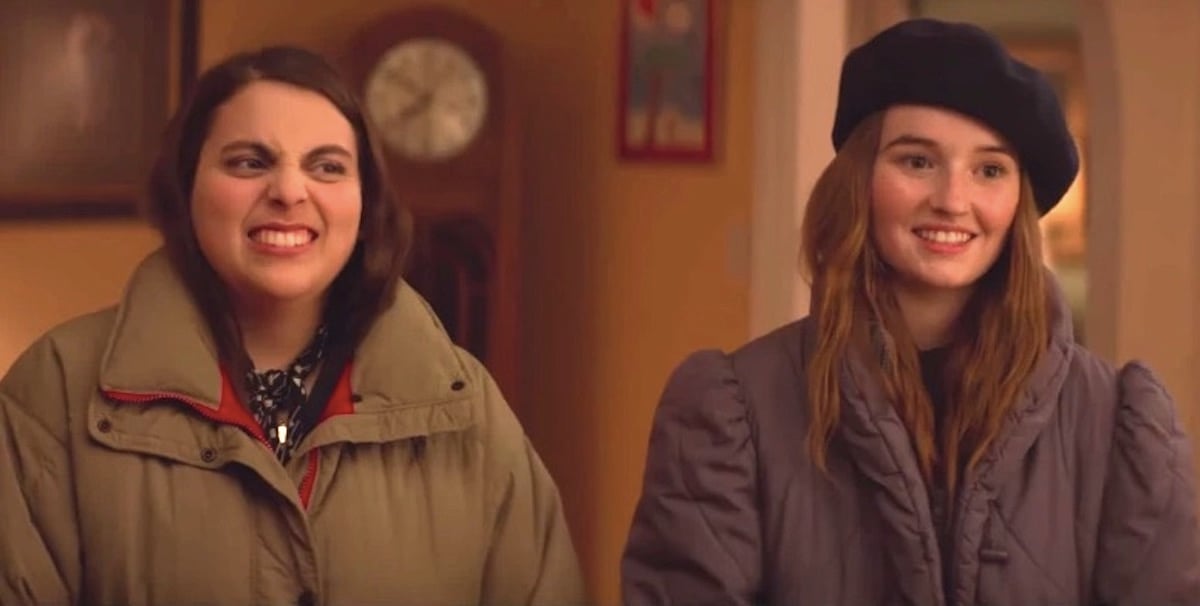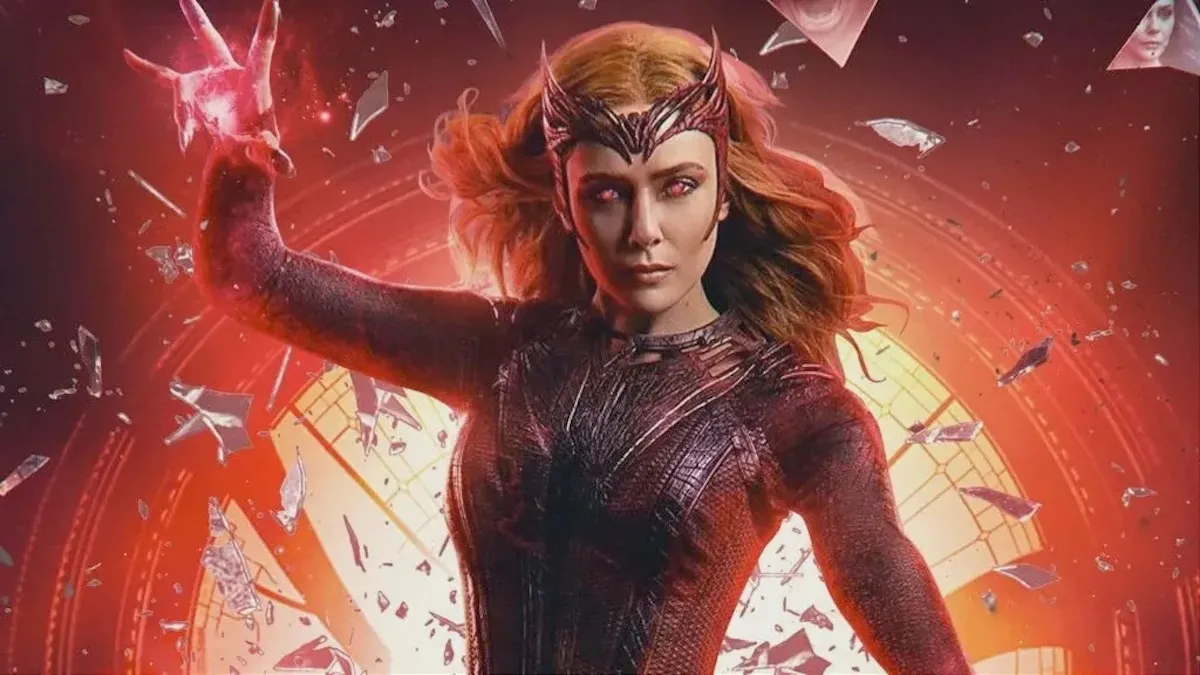Teen dramas have had a deep resurgence within the last five years. Edge of Seventeen, To All The Boys I’ve Loved Before, and Lady Bird are a few modern examples of films that employ the John Hughes model to document teen life. Olivia Wilde’s directorial debut film Booksmart follows a similar formula, but that doesn’t mean it isn’t entertaining and well executed in its own right. This wickedly smart breakout hit of SXSW proves you don’t need to reinvent the wheel to create honest, sincere cinema.
Molly and Amy are best friends and high school seniors. They are intelligent, witty, and determined to excel at life. They aren’t on the receiving end of bullying so much as they are dismissed as high maintenance book nerds with no social life. The girls have convinced themselves that this is the better way to live, and partying and sex are for losers.
On the eve of their graduation, the duo realizes learn that you can party and date while still excelling at school. This epiphany propels the girls to plan for one night of high school debauchery. Molly and Amy will have their friendship tested as they get caught up in drugs, sex, and finding a serial killer—none of which goes as planned.
This is a triumphant debut for Wilde. Every scene shows her understanding of comedy and feminine teen angst. She manages to go against the legacy John Hughes model by putting young women at the center of the narrative and not making boys the focus of every conversation—and passing the Bechdel-Wallace test with flying colors.
Wilde doesn’t shy away from handling teenage sexuality and displaying young women who are raunchy and confident enough to explore what it means to be just that. The imagery is never exploitive or male gaze-y because, despite girls being the focus here, it’s about the love and sincerity between two friends that defines the lead characters, not their circumstances.
Molly and Amy’s performances are what make Booksmart tick. There is no superficiality, as these two actresses are comfortable and feed off of one another’s energy. This onscreen friendship is earnest in every way as they love and encourage each other despite their imperfections.
Writers Emily Halpern, Sarah Haskins, Susanna Fogel, and Katie Silberman should be given due credit for this master class on how young women should be written. They complement one another on their accomplishments, they give each other props for taking risks, they fight and resolve things independently—it seems simple, but so many screenwriters miss the nuance of female friendships.
That said, there are a few aspects of the film that cheapen the experience a bit, and one is the excess of music. It’s obvious Wilde and music composer Dan Nakamura are fans of hip-hop, and there are plenty of tunes in the film that will take you back to your teen years, but I can’t recall a scene that doesn’t have music in it. Sound and music should be used with purpose, but in this film, it’s just plastered everywhere with no subtlety and becomes aggravating after 80 minutes.
Another irritating aspect is the tropey Black characters. Jessica Williams is a high school teacher beloved by all students for being helpful and friendly. Unfortunately, her purpose is only to impart knowledge on the protagonists and to move them from one plot point to the next.
There is also Alan (Austin Crute), the Black gay best friend, there to provide humor and sassiness, but offering nothing beyond that. In 2019, where the setting is a high school, it’s easy to find characters that exist outside of what we’re used to seeing onscreen. For a film that prides itself on inclusivity, it’s shocking to see these specific tropes on display.
The good news is there are several great takeaways from watching Booksmart. No one person is a monolith, as we can tackle several things at once. Life is too short to not enjoy it, so party hard, and longterm friendships are hard to come by, so hold on to them as long as you can.
These aren’t things audiences haven’t heard before, but they are executed in a fresh, hilarious way. In this cast, every character is someone you want to root for. If Olivia Wilde can direct one of this year’s best comedies on her first try, imagine what we can expect from her in the future. Get excited!
(image: United Artists Releasing)
Want more stories like this? Become a subscriber and support the site!
—The Mary Sue has a strict comment policy that forbids, but is not limited to, personal insults toward anyone, hate speech, and trolling.—









Published: Mar 22, 2019 11:35 am